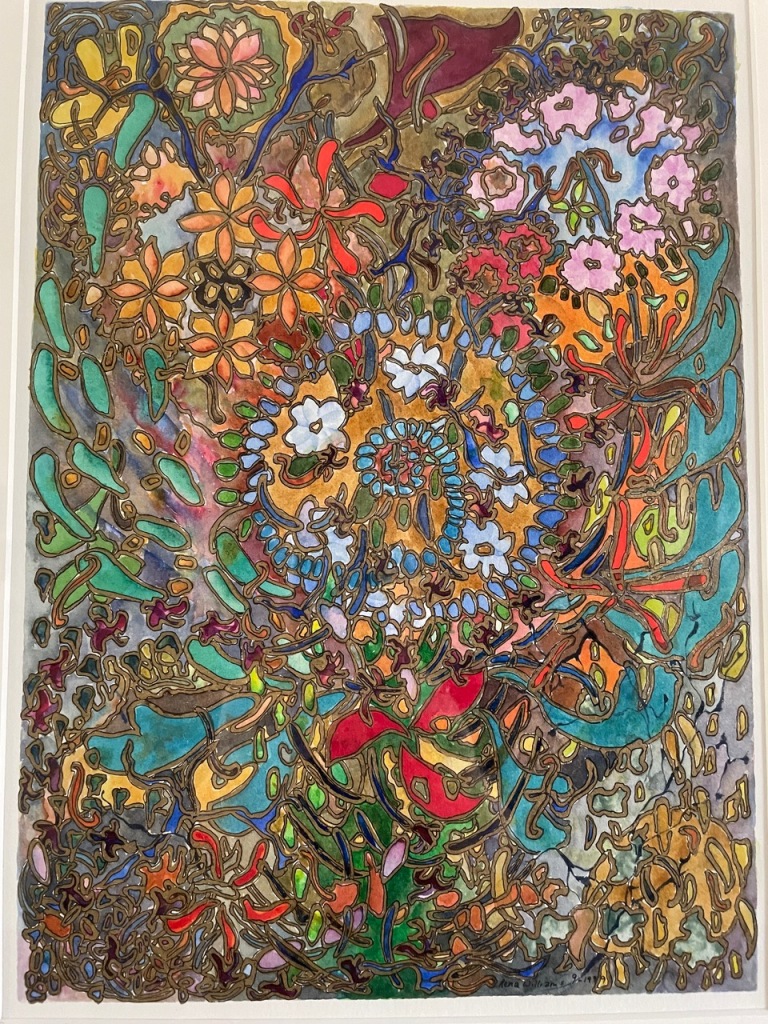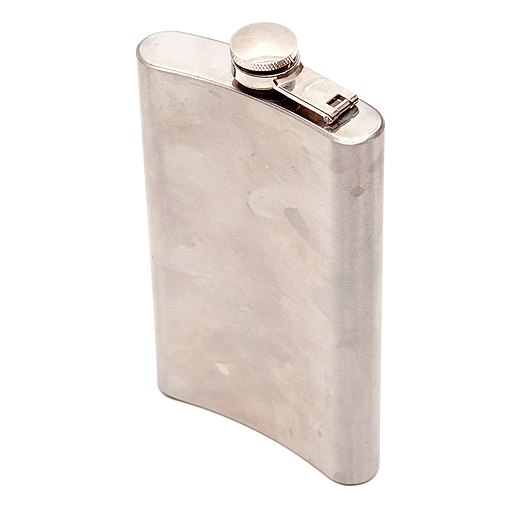
Recently I received a rejection from the team at t’ART, together with an offer to appear in the magazine’s online summer showcase, which I immediately accepted. I am excited that my poem, “Reflection,” will appear in the showcase both because t’ART has a sophisticated, contemporary feel in its themes and approaches, and because I am particularly fond of this poem. I wrote this in response to Mark Solms’ The Hidden Spring, whose argument, in a massively oversimplifying nutshell, is that consciousness resides in the midbrain, not the cortex. I found it a fascinating read if you are into neuroscience and want to know what makes you tick, which I am and do.
I was especially drawn to Solms’ description of the periaqueductal gray (or PAG) area around the cerebral aqueduct, “the central canal of the midbrain” (134), which is also known as “the aqueduct of Sylvius,” after the early Dutch doctor and scientist, Franciscus Sylvius, “who first described it” (Solms, 137). The PAG “divides into two groups of functional columns,” where neural circuits classified by Jaak Panksepp (102) that conduct our “basic emotions” (105) “terminate” (137). Our decision-making, Solms argues (137-38), is rooted not in our prized center of higher thought, the cortex, but in this area of the midbrain.
I found the names “periaqueductal gray” and “aqueduct of Sylvius” musical, and the imagery of gray matter, canals, and columns conjured up Venice in my mind. So I wrote a poem in which an allegorical doge (conscious subjectivity), explores the depths of his realm to come to terms with old age. I’m grateful to the t’ART team for finding it worthy of the online summer showcase, and look forward to its appearance. Meanwhile, I will familiarize myself further with the poetry and fascinating art in earlier online presentations.


